Black History Month serves as an annual celebration of the accomplishments made by African Americans throughout history. This month, we’re highlighting five individuals whose achievements have beneficially changed the world and who have, through adversity, advanced the scientific and medical fields for all.
5 Black Innovators in STEM Who Changed the World
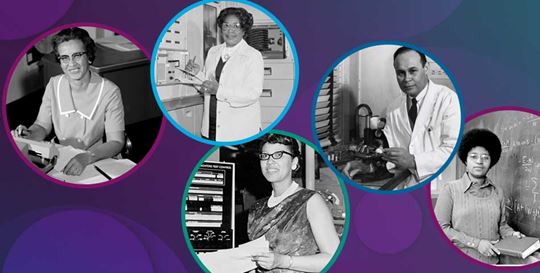
Katherine Johnson, NASA Mathematician
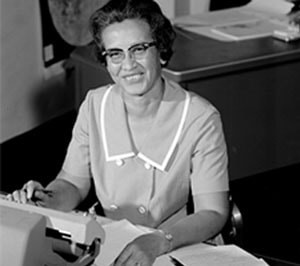
Katherine Johnson’s work, as a "human computer," alongside that of Dorothy Vaughan and Mary Jackson, powered the launch of astronaut John Glenn into orbit. With the help of these three women, NASA won the Space Race — the race for dominance in spaceflight capability and exploration. Katherine's work of calculating trajectories, launch windows and more for many flights "proved as critical to the success of the Apollo Moon landing program and the start of the Space Shuttle program."
Charles Drew, Physician, Surgeon, and Medical Researcher
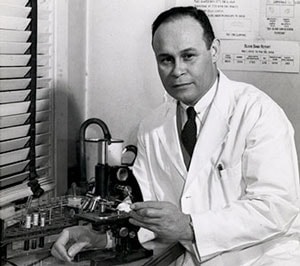
Charles Drew is dubbed the "Father of the Blood Bank" by the American Chemical Society. He pioneered the research used to discover the effective long-term preservation of blood plasma. He also streamlined the country's blood banks, establishing methods that were used by the Red Cross. Drew's contributions saved countless of lives during World War II.
Shirley Ann Jackson, Physicist and President of Rensselaer Polytechnic Institute

Shirley Ann Jackson studied subatomic particles and was the first woman to receive a doctorate from the Massachusetts Institute of Technology (MIT) in any field. Bill Clinton appointed Jackson to serve as Chairman of the U.S. Nuclear Regulatory Commission, becoming the first woman and first African American to hold the position. She was the 18th president of the Rensselaer Polytechnic Institute and was, once again, the first African American to hold the position.
Mary Jackson, American Mathematician and Aerospace Engineer
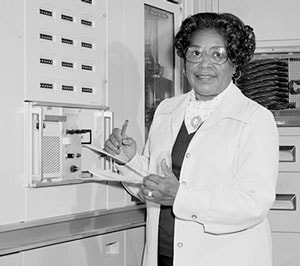
In 1958, Mary Jackson became the first African American female engineer to work at the National Aeronautics and Space Administration (NASA). In 1951 she started working at the National Advisory Committee for Aeronautics (NACA), where she was a member of its West Area Computing unit — the West Computers, comprising of African American female mathematicians. The women provided data that were later essential to the early success of the U.S. space program.
Dorothy Vaughan, American Mathematician and Computer Programmer
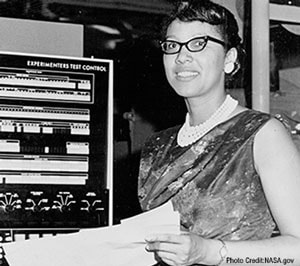
In December 1943, Dorothy Vaughan started working for the National Advisory Committee for Aeronautics (NACA)’s West Area Computing unit, joining a group of African American female mathematicians who were considered “human computers.” The West Computers, as the women were known, provided data that was later essential to the success of the early U.S. space program. Vaughan was the first African American manager at NACA, which later became part of the National Aeronautics and Space Administration (NASA).
Each of these five innovators overcame adversity to change history, yet were not fully recognized at the time of their contributions. Beckman Coulter is a globally diverse team that is dedicated to nurturing an inclusive culture of belonging where all associates are empowered to realize their potential. We proudly embrace differences and offer our associates a variety of ways to get involved in our Diversity + Inclusion efforts, including the Black + Friends Associate Resource Group.

Related Articles

Advancing Clinical Capabilities to Empower Better Outcomes

Rethinking Heart Failure Diagnosis in an Era of Rising Obesity


 English
English
